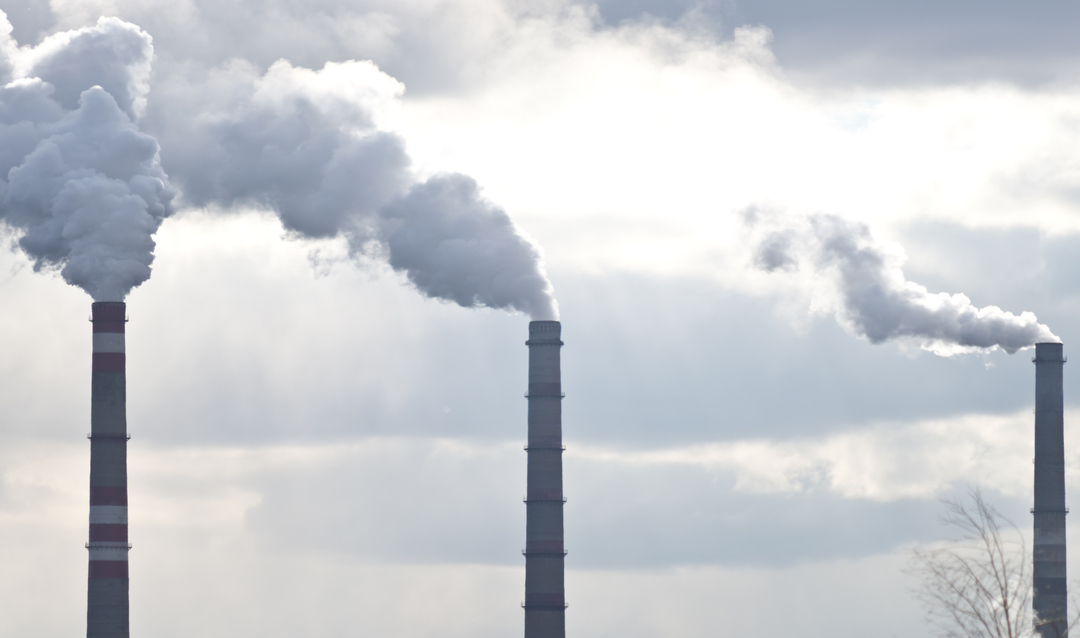Ethylene oxide (EtO) is an understudied class IB carcinogen, meaning exposure can presumably cause cancer in humans. According to the EPA, people who live near facilities that release EtO in the air are suspected to be at higher risk.
In Allentown, Pennsylvania, estimated overall cancer risks are among the highest in the nation, but the reasons are unclear.
Lehigh University researchers will measure concentrations of EtO and other volatile organic compounds in the air to determine to which extent Allentown residents are exposed.
Partnering with the Pennsylvania Department of Environmental Protection (DEP), Hyunok Choi, associate professor in the department of Community and Population Health, and Breena Holland, associate professor of political science and the Environmental Initiative, will conduct the research, with the support of a nearly $500,000 EPA grant.
The interdisciplinary research team aims to discover the amount of EtO and other toxic pollutants in the air and collaborate with Allentown communities to understand and reduce exposure to these toxics.
State regulatory agencies such as the Pennsylvania DEP usually rely on the companies that emit ethylene oxide to voluntarily provide emissions data that the agencies use to determine the risk of exposure, the researchers explain.
This is often because the efforts to gather and analyze data of these toxics in the ambient air are labor intensive and expensive. These barriers have prevented state environmental protection agencies from conducting more routine air monitoring.
To get their results, the researchers will conduct air monitoring for one year in and near East Side Allentown communities, as well as four one-month tests near a medical sterilization facility and proximate areas of community interest.
The East Side Allentown community is home to nearly 16,800 residents, with 40 to 60% identifying as Hispanic, Latino, or African American. According to EPA’s EJSCREEN tool, the study area is subject to a multitude of environmental justice impacts.
Community members of color are often passive recipients of decisions and actions, says Choi.
Choi and Holland will work closely with Promise Neighborhoods of the Lehigh Valley to provide education and develop strategies to effectively reduce the exposure in these communities. They hope that by collaborating with the Allentown community, they can limit the risk to citizens.
“By bringing these community members into the project and working with them to understand the problem and develop solutions, we will raise awareness, promote citizen-driven research, and empower the community members as key stakeholders,” explains the researchers.
The results will have an impact on policy, with the potential to improve the long-term health of those in the surrounding areas, says the researchers.
"If we find that concentrations of the chemical are high, then public officials will likely want to ensure the problem is addressed," says Choi.
"Air toxics do not obey the rules of private property. Public officials will want to make sure their constituents are safe," adds Holland.
When the project concludes in 2024, the researchers hope to lay the groundwork for similar work to be performed in the future.





